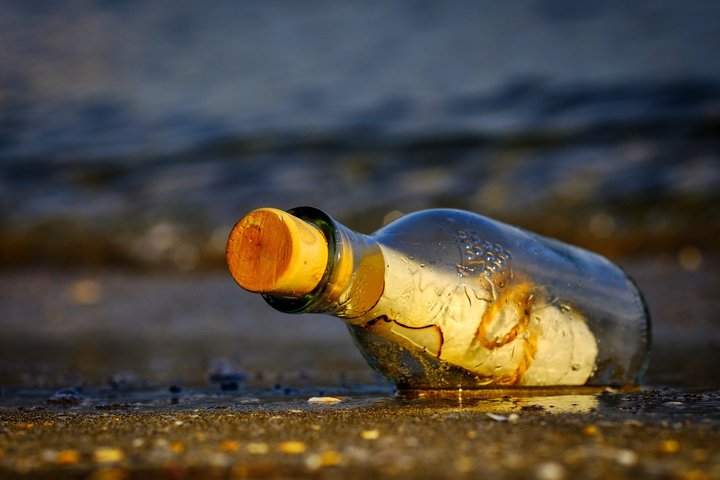- Datum: 24.07.2024
- Country:Cuba
- Category:Berichte & Analysen
AHK Kuba Bericht: Kuba dollarisiert seine Wirtschaft weiter
Weitere Bereiche der kubanischen Wirtschaft werden für Devisenzahlungen geöffnet. Premier Manuel Marrero kündigt Maßnahmen zur Ankurbelung…
Weitere Bereiche der kubanischen Wirtschaft werden für Devisenzahlungen geöffnet. Premier Manuel Marrero kündigt Maßnahmen zur Ankurbelung der Wirtschaft an.
Kuba öffnet weitere Bereiche seiner Wirtschaft für Devisenzahlungen. Auf der am Mittwoch begonnenen Sitzung der kubanischen Nationalversammlung kündigte Ministerpräsident Manuel Marrero Cruz die Einführung eines neuen Mechanismus für die Zuteilung und Verwaltung von Devisen an, der die bisherige Regelung aufhebt.
Das staatliche Onlineportal Cubadebate listet die wichtigsten Änderungen auf: Alle Transaktionen innerhalb der kubanischen Wirtschaft werden in kubanischen Pesos (CUP) abgewickelt, mit Ausnahme der Sonderentwicklungszone Mariel, autorisierter Unternehmen des Einzel- und Großhandels, ausländischer Unternehmen und anderer, die zugelassen werden können. Die Fremdwährungskonten der staatlichen Entitäten werden neu geordnet und es werden geschlossene Finanzierungsprogramme für Exporteure genehmigt.
Als konkrete Maßnahmen nannte Marrero die Einführung der Zahlung von Zöllen in Devisen auf Einfuhren durch den nicht-staatlichen Sektor, die schrittweise und selektive Einführung von Devisengebühren für Hafendienste, sowie die Akzeptanz von Bargeld in Devisen in bestimmten Sektoren und Bereichen wie dem Tourismus.
Lesen Sie hier den kompletten Bericht.








